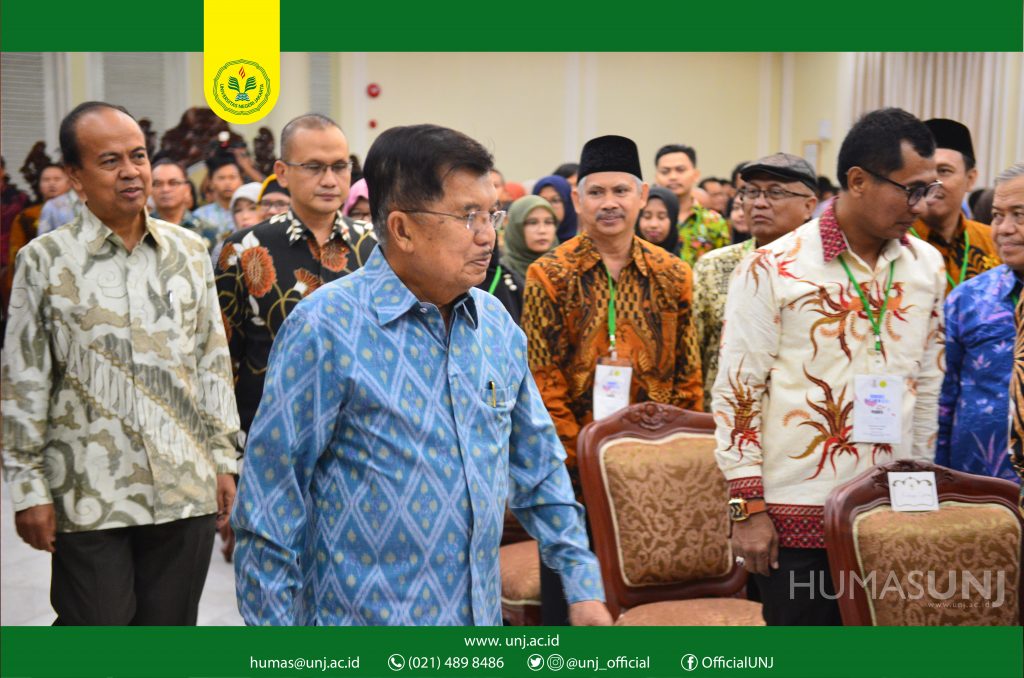The First Congress of APENMASI for Education Equity in Society
UNJ Public Relations 06/03/2019 The first Congress of APENMASI (Indonesian Community Education Association) was held this morning at the Vice-Presidential Palace. APENMASI is a forum for experts, researchers, scientists, and community education practitioners from various State and Private Universities spread across various centers of community learning activities called PKBM. This forum exists throughout the country and organizes a variety of equality education activities, interest, personal development, and basic life skills. The Congress was attended by delegates from both State and Private Universities in Indonesia.
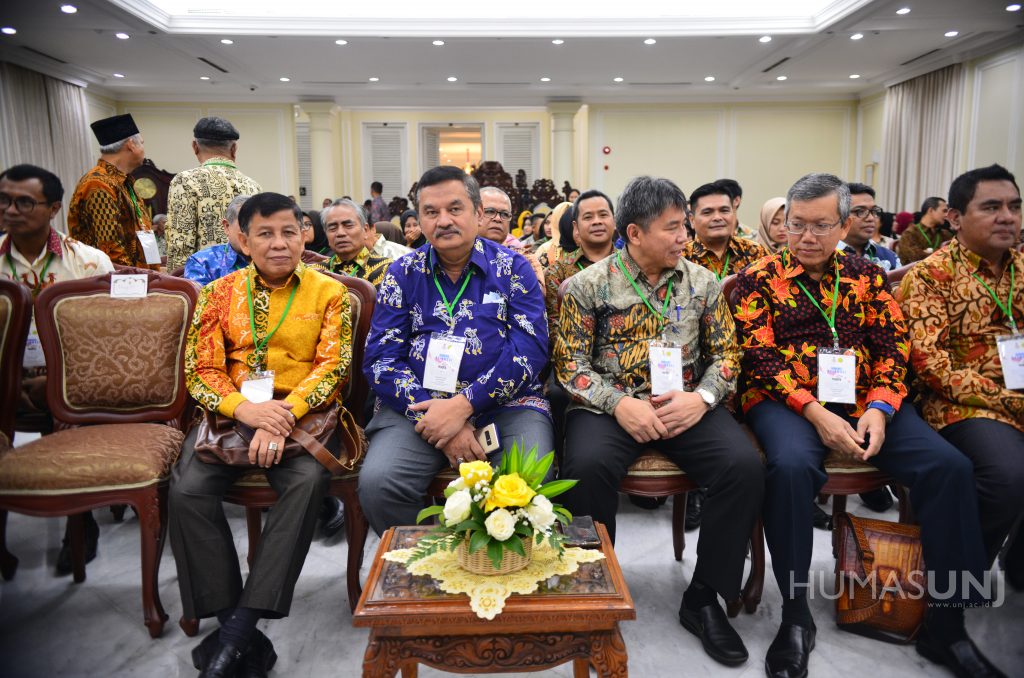
This APENMASI Congress is important because APENMASI has identified 18 target groups of people who are considered to have high levels of social and economic vulnerability. There are 128 real strategic agendas to be carried out in various research activities and community service to free them from their vulnerable state. Those strategic agendas were also based on concerns over the increasingly widening level of social inequality in Indonesia. Knowledge gap in society is one of the factors of this extreme social disparity.
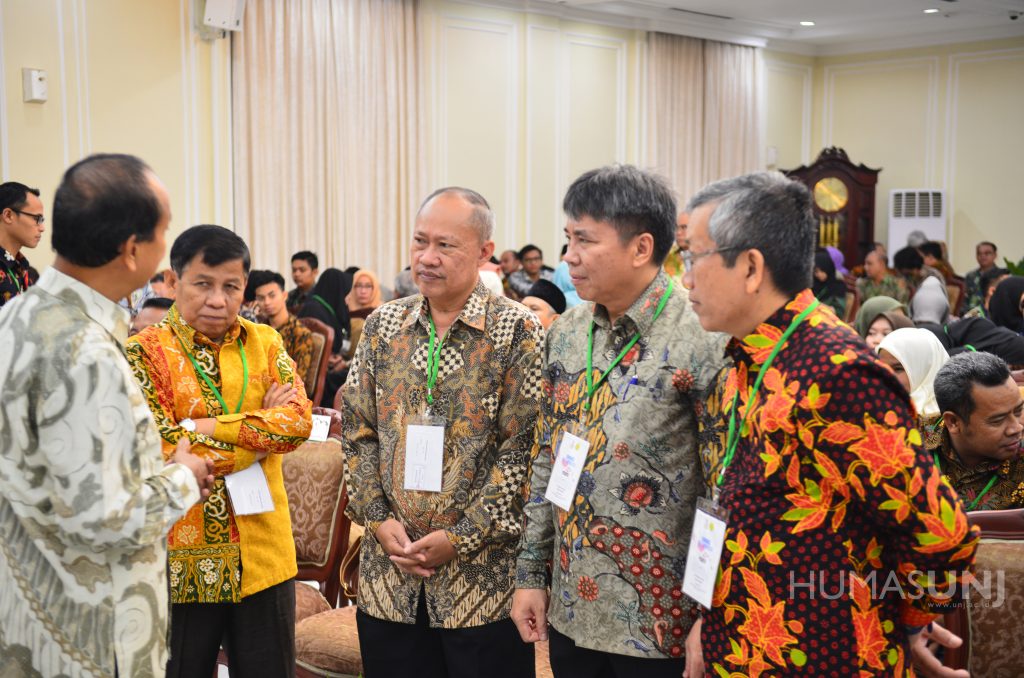
During the congress report, Prof. Dr. Hafid Abbas, the Chairperson of APENMASI and a lecturer from the UNJ Public Education Study Program, talked about the importance of equitable education in Indonesia. “Equality in education must be the main focus because, with the existence of equal education throughout the country, it means that it will boost the development of Indonesia in various aspects.” In line with this statement, Indonesian Vice President Jusuf Kalla also said that community education will improve people’s capabilities and prevent discrimination caused by education. “The knowledge possessed by the teacher must not be stagnant. If it is stagnant, then the knowledge that will be obtained by the student will also be stagnant. If the student’s knowledge is stagnant, then the employment will continue to stagnate.” Therefore, Indonesian Vice President Jusuf Kalla also asked APENMASI to improve the vocational training to prepare the skills of human resources that are in line with technological developments so that they are not only ready to work but also face global challenges.
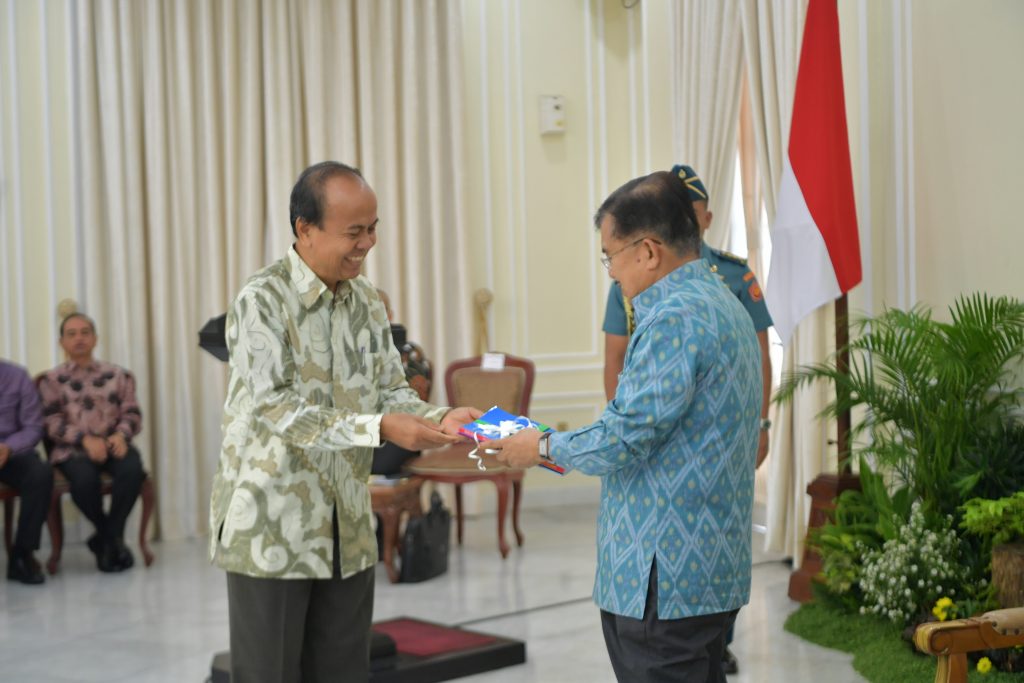
In the opening ceremony of the congress held at the Vice-Presidential Palace, Medan Merdeka Selatan, Central Jakarta, UNJ was represented by Vice Rector for General Administration and Finance, Dr. Komarudin, M.Sc, Vice Rector for Student Affairs, Prof. Dr. Achmad Sofyan Hanif, M.Pd, and the Dean of Faculty of Education, Dr. Sofia Hartati, M.Sc.
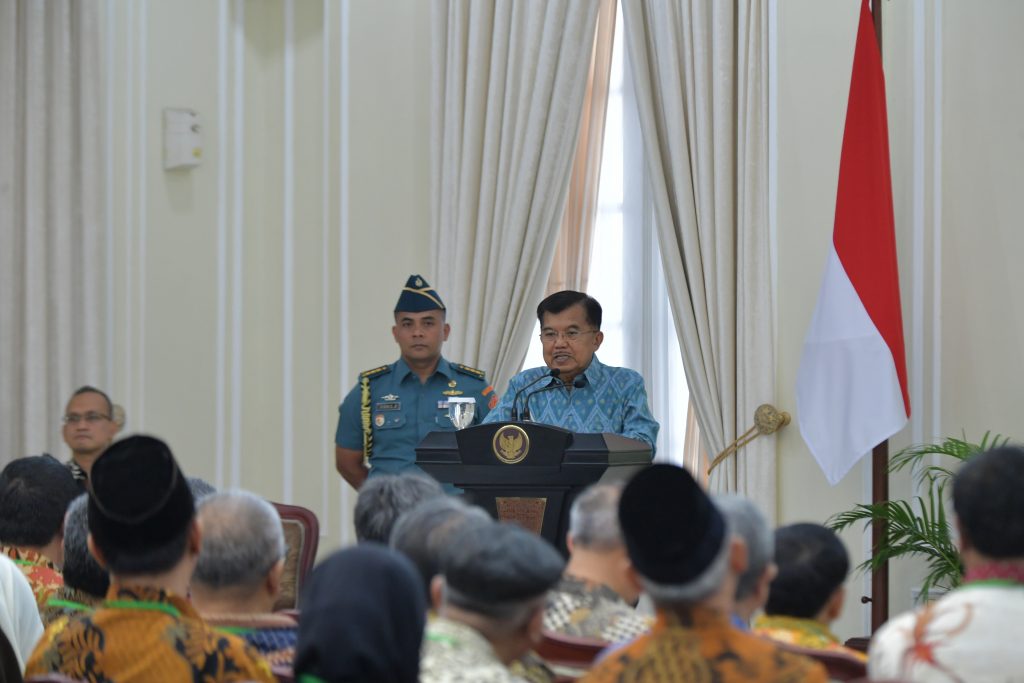
The congress was continued at Universitas Negeri Jakarta, inviting the Executive Secretary of TNP2K, the Ambassador of Bangladesh, and a number of other speakers from various universities representing the western, central and eastern part of Indonesia to talk about the successful experience of Muhammad Yunus in empowering the poor in Bangladesh.
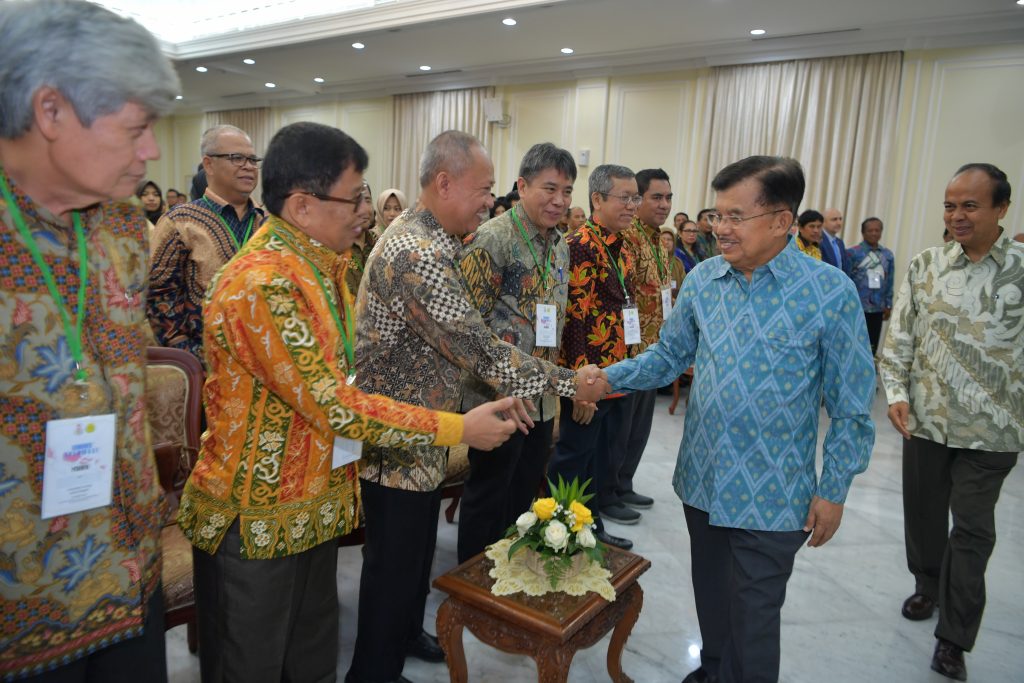
This first APENMASI congress is expected to strengthen the synergy of cooperation in implementing the Three Pillars of Higher Education between State and Private Universities, to be a place to discuss the application of the strategic agendas in accordance with the local economic corridors in each university throughout Indonesia and describe the priority scale until the lowest social institutions by involving various related parties, such as the community learning center (PKBM), and educational institutions that have taken root in the community.
Translated by OJ


